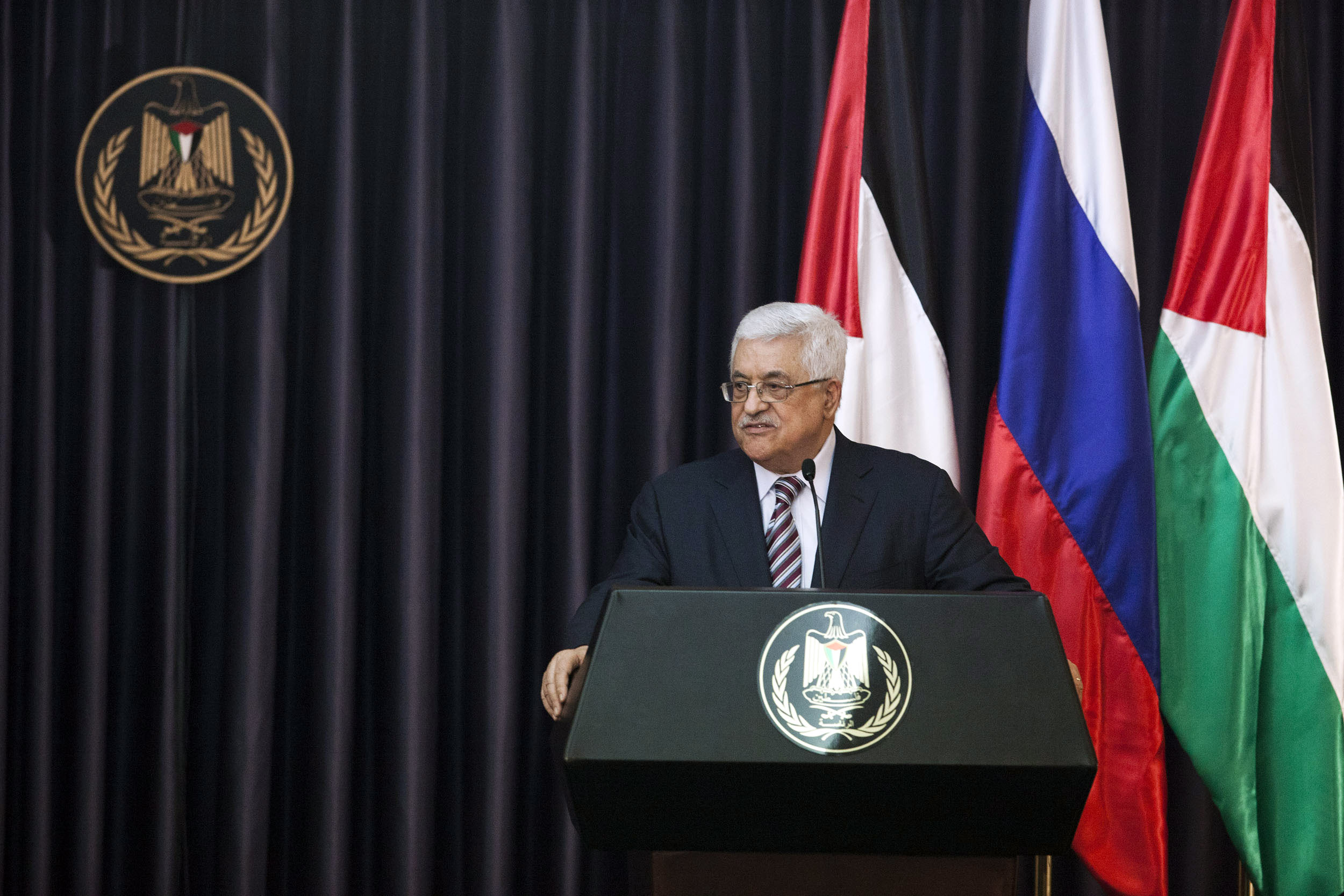
May 02, 2017
CNAS Press Note: Palestinian President Abbas Visits the White House
As Palestinian President Mahmoud Abbas prepares to meet with President Trump, Center for a New American Security (CNAS) Middle East Security Program Director Ilan Goldenberg has written a new Press Note, “Previewing President Trump’s Meeting with Palestinian President Mahmoud Abbas.”
Please find the full Press Note below:
Tomorrow, President Trump will meet in the Oval Office with Palestinian Authority President Mahmoud Abbas. The fact that the meeting is happening at all is just one of several signs that Trump’s approach to the Israeli-Palestinian conflict is more conventional than anyone expected. Many feared that upon taking office the Trump administration would move the U.S. embassy to Jerusalem and allow a bonanza of settlement activity that would further endanger the two-state solution. Instead, Trump has sought to build a strong personal relationship with Prime Minister Netanyahu, pushed for restraint on settlements, talked about the importance of Palestinian economic development, and signaled that he wants to pursue the “ultimate deal.” The initial steps taken by Jason Greenblat, the administration’s new envoy for this mission, have been well received. He has pursued a broad listening tour to soak in the current situation and evaluate next steps.
The big question now is what Trump will try to accomplish during this first meeting. If he goes for the home run and tries to restart negotiations he is likely to fail. President Abbas and Prime Minister Netanyahu are risk-averse leaders who are unlikely to be able to lead their people to peace, especially given the current political dynamics. On top of that, they do not trust or like each other, which makes a breakthrough even less likely. Trump may be able to get them back to the table because they may both fear being blamed by him if they say no. But that threat is not going to cause them to take the big risks necessary to achieve a final deal.
Instead, Trump and his team should focus on incremental steps to improve the situation on the ground, preserve the possibility of the two-state solution at another time, and set conditions for negotiations in the future. This means getting the Israelis to take meaningful steps to improve the Palestinian economic situation. It means getting the Palestinians to more forcefully and clearly address incitement through a major educational initiative. And it means finding ways to restrain settlement activity. Trump should not seek to negotiate an agreement between the two parties on these questions. Instead, he should ask each to pursue these steps as unilateral gestures that demonstrate to the United States that they are serious about peace.
Goldenberg is available for interviews. To arrange one, please contact Neal Urwitz at 202-457-9409 or nurwitz@cnas.org.
